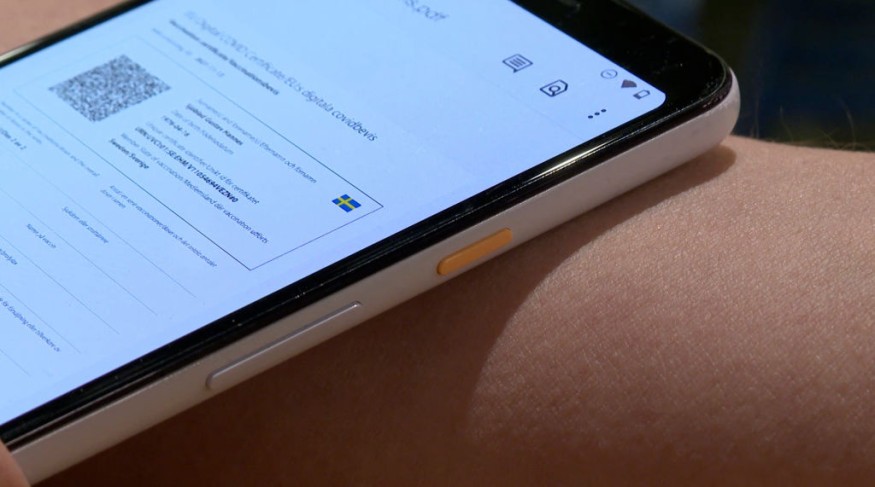In today's world, a new breed of agile hackers is emerging who can conceal powerful tools within their skin and activate them at will. It is a reality of modern life and will soon become the preferred method of operation for spies or criminals. Many have implanted simpler versions of these digital chips in their bodies to avoid carrying keys or vaccine passports.
This is called biohacking, which is a "do-it-yourself" biology that seeks to enhance the ability of the human body as per an article in The Conversation. It is now a cause of concern for security professionals who typically prohibit using offensive security tools. However, the question arises regarding how to handle them with this technology. It will be crucial to address the security implications of these devices to prevent the possibility of misuse by malicious actors.

Meet Len Noe, the Biohacker With Eight Digital Chips in His Body
Len Noe's body has eight digital chips that allow him to get into phones or breach security doors quickly. As a technical evangelist, white hat hacker, and biohacker from CyberArk Software, Cover 6 Solutions report that Noe has presented in over 32 countries at different major security conferences in many parts of the world.
Got to do an interview with technologist and biohacker Len Noe, who has augmented his own biology to turn his body into the ultimate cyber weapon.https://t.co/zb3Pd30CD4
— Hutch (Sociosploit) (@sociosploit) July 15, 2021
Also, don't miss Len later this year at #bhusa#biohacking #netsec pic.twitter.com/ig1p0mlLMh
Before 2001, he was a Black/Grey Hat Hacker and acquired most of his skills through practical experience. With over two decades of experience in web development, system engineering/administration, architecture, and coding, Noe has devoted the last nine years to information security, focusing on an attacker's perspective.
In addition, he actively participates in various information security communities in Texas, as well as the Autism Society and other organizations.
READ ALSO: Skin Implant Microchip COVID-19 Passport, the Size of a Rice Grain, Can Be Used As Vaccine Tracker
Biohacker Len Noe Implanted Digital Chips In His Body to Control Devices
Len Noe has undergone several surgeries to implant eight specialist security chips in his body. He told The Standard that he has demonstrated how these chips can be deployed in the wild and become "part machine."
Len can use the Near-field communication (NFC) chip implanted in his hand to pull up a website injected with malicious code called BeEF and gain complete access to people's smartphones in less than 30 seconds. Additionally, he can copy a corporate keycard into the NFC chip in his hand, allowing him to enter an office building with only the back of his hand as authentication.
While Len's abilities are not yet a concern for the average person, he believes government agencies like MI5 or large hacking groups such as Cozy Bear could use these tactics for targeted attacks.
However, there are risks associated with using these implants. Len could theoretically clone someone's credit card from their hand as they sleep using inexpensive cloning devices called "skimmers."
These implants offer powerful offensive capabilities that can be used for targeted attacks. Still, it is important to consider the potential consequences of implanting these chips and to address the security implications of these devices to prevent their misuse by malicious actors.
RELATED ARTICLE : 'I Choose To Be a Cyborg': Why I Implanted Computer Chips in My Hands
Check out more news and information on Tech and Innovation in Science Times.











